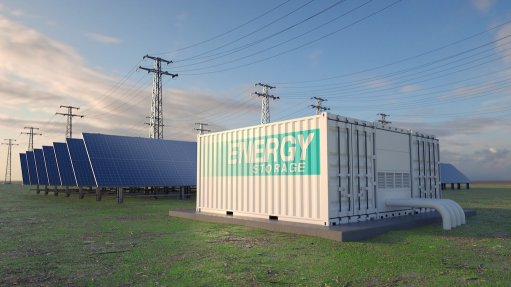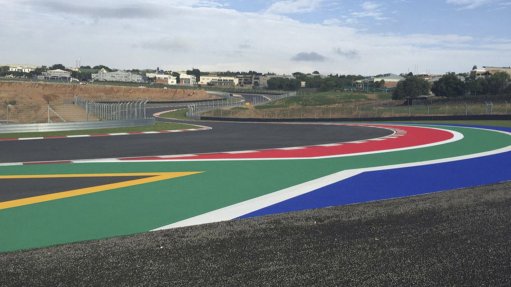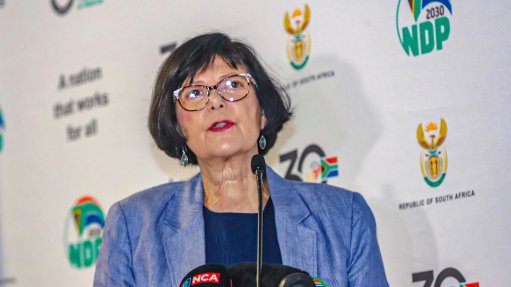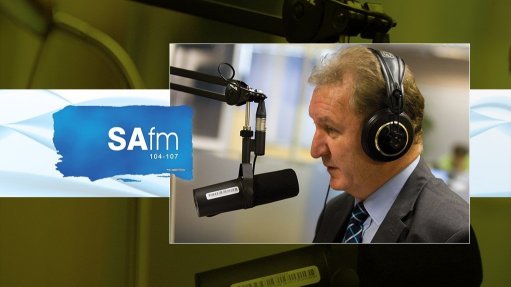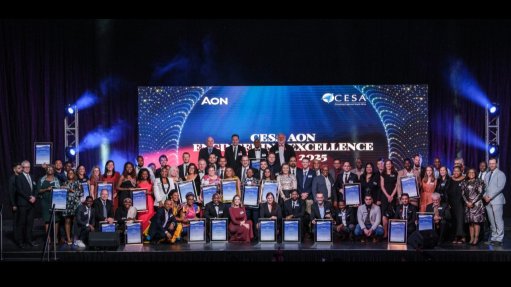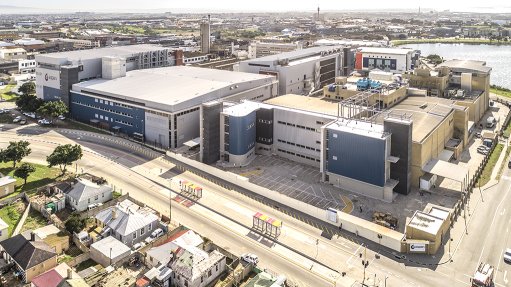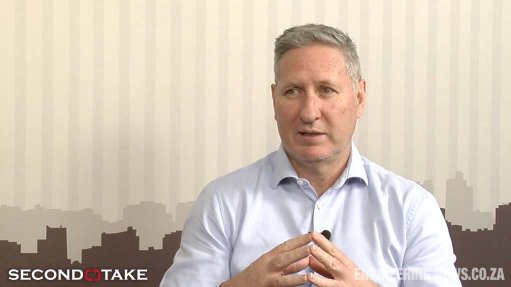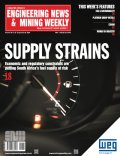The state of innovation in South Africa: Building an inclusive future through technology
This article has been supplied and will be available for a limited time only on this website.
By: Lebogang Maile - MEC for Finance and Economic Development, Gauteng Provincial Government
South Africa cannot afford to be a passenger in the Fourth Industrial Revolution (4IR). Globally, innovation is only accelerating as countries harness the power of artificial intelligence (AI) and emerging technologies, and we cannot afford to stand still. We must take the wheel to successfully transform our economy and compete effectively on the world stage.
And yet, too many local innovators remain locked out because of where they live, their lack of resources, and their inability to access the necessary networks. For South Africa to be a true engine of innovation for Africa, we must change that reality.
This point was driven home at a recent Innovation and Technology Master Class hosted by The Innovation Hub. Exploring the critical role of data, algorithms, computing, and applications in powering AI technologies, Professor Tshilidzi Marwala, Principal and Vice-Chancellor of the United Nations University, made it all too clear that the future will belong to those who invest in the intellectual and technological infrastructure. Likewise, his work in developing African language datasets for Google Translate showed how homegrown research can shape global technology.
The lesson is clear that to succeed as a nation, we must think bigger, act more swiftly in supporting disruptive technologies, and create an ecosystem where ideas can move from concept to market without unnecessary obstacles. We must ensure that innovation is not the privilege of a select few but an opportunity for all.
For Gauteng, our task is clear – to be part of the businesses and industries of tomorrow and secure our economic future, we must seek to become Africa’s leading hub for knowledge-based, innovation-driven growth. Most importantly, we must do so in a way that is deliberate, inclusive, and sustainable, removing barriers to entry for innovators from all backgrounds, from township streets to university research labs, and from cleantech entrepreneurs to women-led tech startups.
Driving innovation where it matters most
Innovation cannot be left to the private sector alone. That is why Gauteng’s provincial strategy aims to actively create the conditions needed for innovation to thrive. The key pillars of this strategy are:
1. Inclusive innovation and the township economy
The next game-changing solution can come from anywhere. The provincial strategy emphasises democratising access to innovation infrastructure, with a particular focus on high-potential sectors in the digital economy, green economy, and bioeconomy.
We want solutions that create jobs, uplift communities, drive sustainable growth, and address local challenges, and we are proud to be supporting a variety of innovations ranging from agri-tech to water purification systems. Programmes like those run by The Innovation Hub and the Motse Innovation Centre are already making this happen, supporting businesses such as QP Drone Tech, a women-owned drone manufacturing company specialising in AI, data analytics, cybersecurity, and Microsoft Co-Pilot training for South African youth.
2. Research and commercialisation
We are also focused on turning more ideas into market-ready products. That means working closely with universities, research councils, and the private sector to move innovations along the path from research to commercialisation. Key to this is investing in intellectual property development and technology transfer, laying important building blocks for building commercially successful businesses and globally recognised South African products.
3. 4IR enablement
AI, robotics, and data analytics are no longer abstract concepts. They are already reshaping industries, from manufacturing to healthcare, and will continue to define the future of work. Through hackathons, bootcamps, and pilot programmes, we are equipping our youth with the skills needed to lead in this new economy. Partnerships with industry allow us to test and deploy new technologies in ways that deliver real public benefit.
4. Green and smart economy
Sustainability is non-negotiable. Through the Climate Innovation Centre South Africa, we are supporting entrepreneurs developing new solutions for energy challenges, waste management, and smart mobility. Our vision for smart cities further includes smart city technologies that will strengthen service delivery, reduce environmental impact, and improve quality of life for residents.
Government’s role in driving change
Government must lead by example, which means embedding innovation in how we deliver public services. We are shifting procurement towards problem-solving approaches, creating living labs in partnership with municipalities, and piloting smart-city solutions in our metros.
But we must go even further. To remain competitive, Gauteng must link into global networks while ensuring partnerships deliver meaningful benefits at home. From BRICS collaborations to continental initiatives under New Partnership for Africa’s Development (NEPAD), we must position our province as the gateway for investment into Africa’s innovation economy, and attract global talent to our doors.
However, this is not a journey for government alone. It will require the united effort of business, academia, entrepreneurs, and communities. But Gauteng already has the talent, the ideas, and the will. Now we must ensure the pathways to turn them into impact are wide open.
Comments
Press Office
Announcements
What's On
Subscribe to improve your user experience...
Option 1 (equivalent of R125 a month):
Receive a weekly copy of Creamer Media's Engineering News & Mining Weekly magazine
(print copy for those in South Africa and e-magazine for those outside of South Africa)
Receive daily email newsletters
Access to full search results
Access archive of magazine back copies
Access to Projects in Progress
Access to ONE Research Report of your choice in PDF format
Option 2 (equivalent of R375 a month):
All benefits from Option 1
PLUS
Access to Creamer Media's Research Channel Africa for ALL Research Reports, in PDF format, on various industrial and mining sectors
including Electricity; Water; Energy Transition; Hydrogen; Roads, Rail and Ports; Coal; Gold; Platinum; Battery Metals; etc.
Already a subscriber?
Forgotten your password?
Receive weekly copy of Creamer Media's Engineering News & Mining Weekly magazine (print copy for those in South Africa and e-magazine for those outside of South Africa)
➕
Recieve daily email newsletters
➕
Access to full search results
➕
Access archive of magazine back copies
➕
Access to Projects in Progress
➕
Access to ONE Research Report of your choice in PDF format
RESEARCH CHANNEL AFRICA
R4500 (equivalent of R375 a month)
SUBSCRIBEAll benefits from Option 1
➕
Access to Creamer Media's Research Channel Africa for ALL Research Reports on various industrial and mining sectors, in PDF format, including on:
Electricity
➕
Water
➕
Energy Transition
➕
Hydrogen
➕
Roads, Rail and Ports
➕
Coal
➕
Gold
➕
Platinum
➕
Battery Metals
➕
etc.
Receive all benefits from Option 1 or Option 2 delivered to numerous people at your company
➕
Multiple User names and Passwords for simultaneous log-ins
➕
Intranet integration access to all in your organisation






